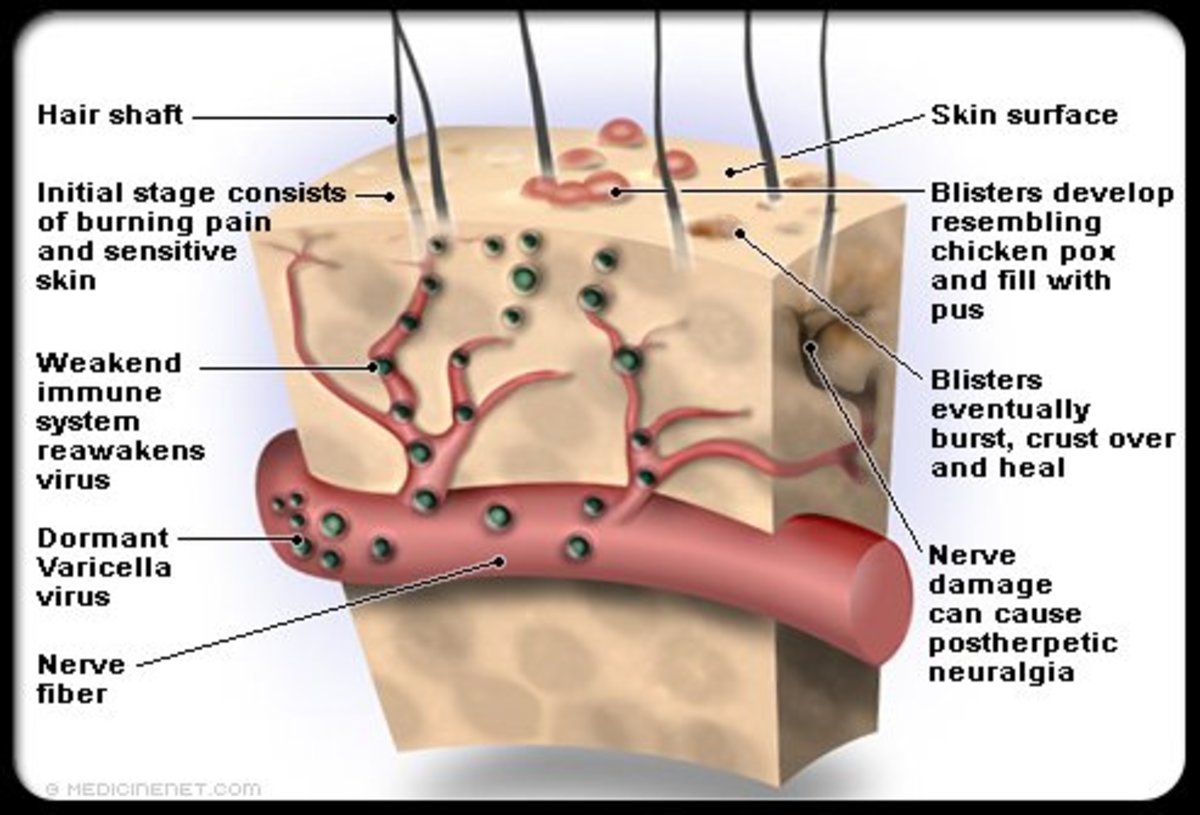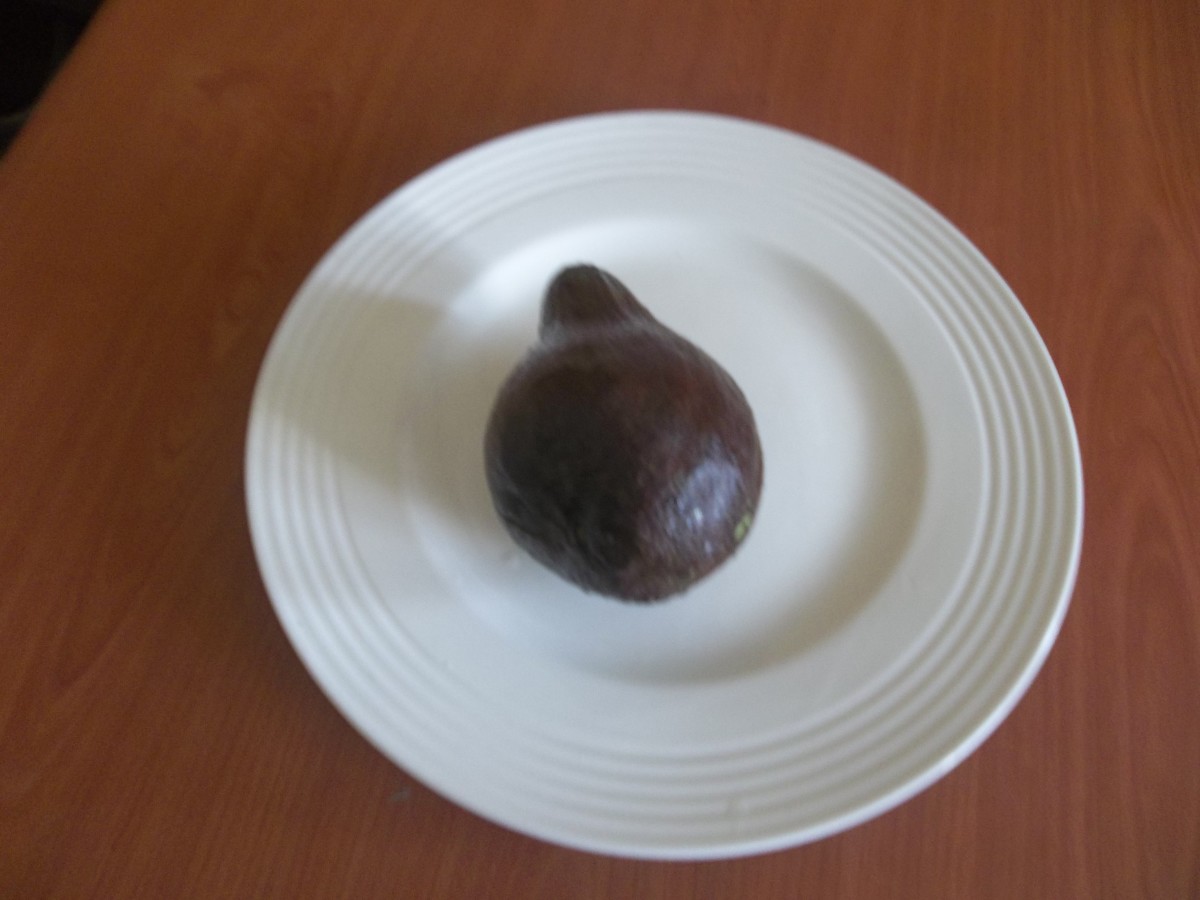How to Build Up Your Immune System
Vitamin C can boost immunity, but there are many other nutrients your body needs to fight off illnesses

Nothing is worse than an illness. Winter is usually the season for the flu, but a cold can be an unwanted surprise any time of the year. Here are some easy ways to build your immune system naturally and effectively.
1. Exercise - Moderate, consistent exercise has been shown to help immune cells circulate more efficiently through the body fighting off viruses, infections and other more serious illnesses. The more regularly you exercise, the better your immune system will get meaning you can build your immunity for hours after your workout is over. Fast walking, running, swimming, biking and aerobics for about 40 minutes per day can mean less sickness than those who don't exercise at all. It can also shorten the length of your cold. Remember to rest when you have a fever - exercising with fever can damage your heart muscle.
2. Reduce Refined Carbs - Refined carbs are in any food containing table sugar or high fructose corn syrup, as well as white flour products like white bread, cakes, cookies and cereal. White flour is actually processed by the body like sugar. Overeating refined carbs can reduce the amount of vitamin C being absorbed by the immune cells. Sugar can also cause the release of the hormone cortisol in an effort to normalize blood sugar levels. Cortisol suppresses the immune system as well.
3. Stress and Sleep - Reduce your stress, increase your sleep. This is easier said than done, but it's important to prioritize and put yourself at the top of the list. Cortisol is the stress hormone. When you are stressed and sleep deprived, your levels of cortisol are elevated causing suppression of the immune system and the good prostaglandins that support immune function. Elevated cortisol levels can even be attributed to weight gain. Increasing your sleep time as much as 20 minutes per day can reduce cortisol levels. And, if you are getting more sleep, you are probably, naturally, less stressed throughout your day.
4. Omega-3 Fatty Acids - These fats are found in fish like salmon and tuna, as well as nuts, seeds and oils. Not only does it contain Omega-3's, fish oil contains the good prostaglandins your body needs for immune function. Studies have shown Omega-3's can improve the immune system in adults as well as children. Instead of a supplement, which can provide too much or too little nutrients, try eating about 3 ounces of coldwater fish per day. If your kids hate fish, try slipping half a teaspoon of flax oil in their milkshake or oatmeal. Studies show kids that took this small dosage of flax oil had fewer respiratory infections.
5. Vitamin D - You've heard that vitamin C can boost your immunity, but did you know that vitamin D is just as important? Apparently there is a link between a vitamin D deficiency and illnesses. This would make sense since most people get more sun (sunlight triggers vitamin D synthesis) in warmer months, and most people get colds and flu in colder months. A recent study showed that those with a vitamin D deficiency had a 40 percent greater probability of getting a respiratory infection than those with vitamin D levels of 30 nanograms per milliliter or higher. Get your daily dose by spending about 20 minutes per day outside, as well as eating foods like mushrooms, salmon, tuna, eggs and milk every day. Check with your doctor for information on proper supplementation as well.
6. Eat Your Vegetables! - Remember your mom saying that? Well, she was right. Vegetables have the antioxidants you need to fight off illnesses. Tomatoes have lycopene which can help your white blood cells fight off infection. Canned tomatoes have been shown to be just as, if not more, effective as fresh. Broccoli contains sulforaphane which has been shown to restore the immune system and fight infections. Garlic contains a chemical called allicin that has antiviral properties.
7. Limit Alcohol - Alcohol suppresses the immune system. It dehydrates the body, and also, like sugar, suppresses the white blood cells' ability to multiply. The only exception to this rule is red wine. Studies have shown a couple glasses of red wine per day don't have the same effect on the immune system as liquor and beer. Still, you can get the same antioxidant benefits, resveratrol, from eating red grapes or drinking grape juice.








